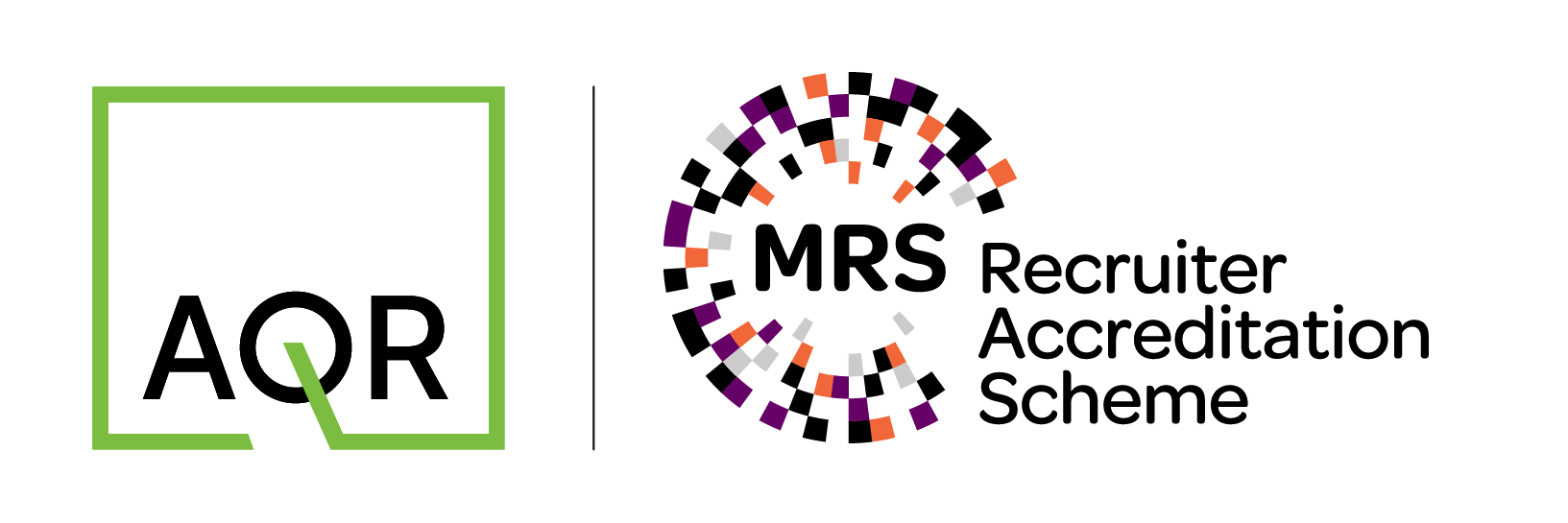All MRS websites use cookies to help us improve our services. Any data collected is anonymised. If you continue using this site without accepting cookies you may experience some performance issues. Read about our cookies here.
To enlarge video please either pause the video and then press the F key on your keyboard or select full screen button option located on the bottom right of the video.
You are currently not logged in. Any progress made will be lost.
Pre-tasks/Post-tasks
Pre-tasks are exercises which are conducted in advance of research sessions. The purpose of a pre-task varies so always make sure you understand what the aim of pre-tasks are before you start recruitment. Typically a pre-task could be a simple warm-up exercise before a group, a diary or scrapbook to create a log of usage or behaviour, either in a physical format or digitally, or a visit to a store to refresh participants’ memories or make comparisons between stores. Pre-tasks help researchers understand the lifestyles and motivations of participants before meeting them. You should always make participants aware of any pre-tasks at the recruitment stage because if participants are not willing to complete such tasks they would disqualify.
Check the format of any pre-task e.g. if a task is in PowerPoint, not all participants may be able to open it and alternative formats may need to be supplied such as providing print copies of a task.
If a pre-task requires downloading a mobile app, check with clients which version of a mobile operating system is required. Older operating systems may not be compatible with all client-supplied mobile apps.
Pre-tasks are usually a major contribution to qualitative research findings. They are included in project analysis sessions and researchers will often include snapshots of the pre-task responses in final reports to end clients. Pre-tasks are usually incentivised separately and may appear to be optional but they are usually mandatory to complete and this, along with the importance of completing pre-tasks for any overall project, should be explained to participants. It is also important to accurately inform participants how long they are expected to spend on a pre-task. For example, if it is a three day diary and they will be required to spend twenty minutes a day, participants must be told of this commitment at recruitment stage and agree to undertake it in order to qualify for the session.
Post-tasks are exercises that are conducted after research sessions. All participants may be expected to complete such tasks or clients may select a few participants to take part. Check the arrangements for post-tasks before recruitment commences in order that any post-task commitments are relayed to participants at recruitment. Also check when and how participant payment for post-tasks will be made.


